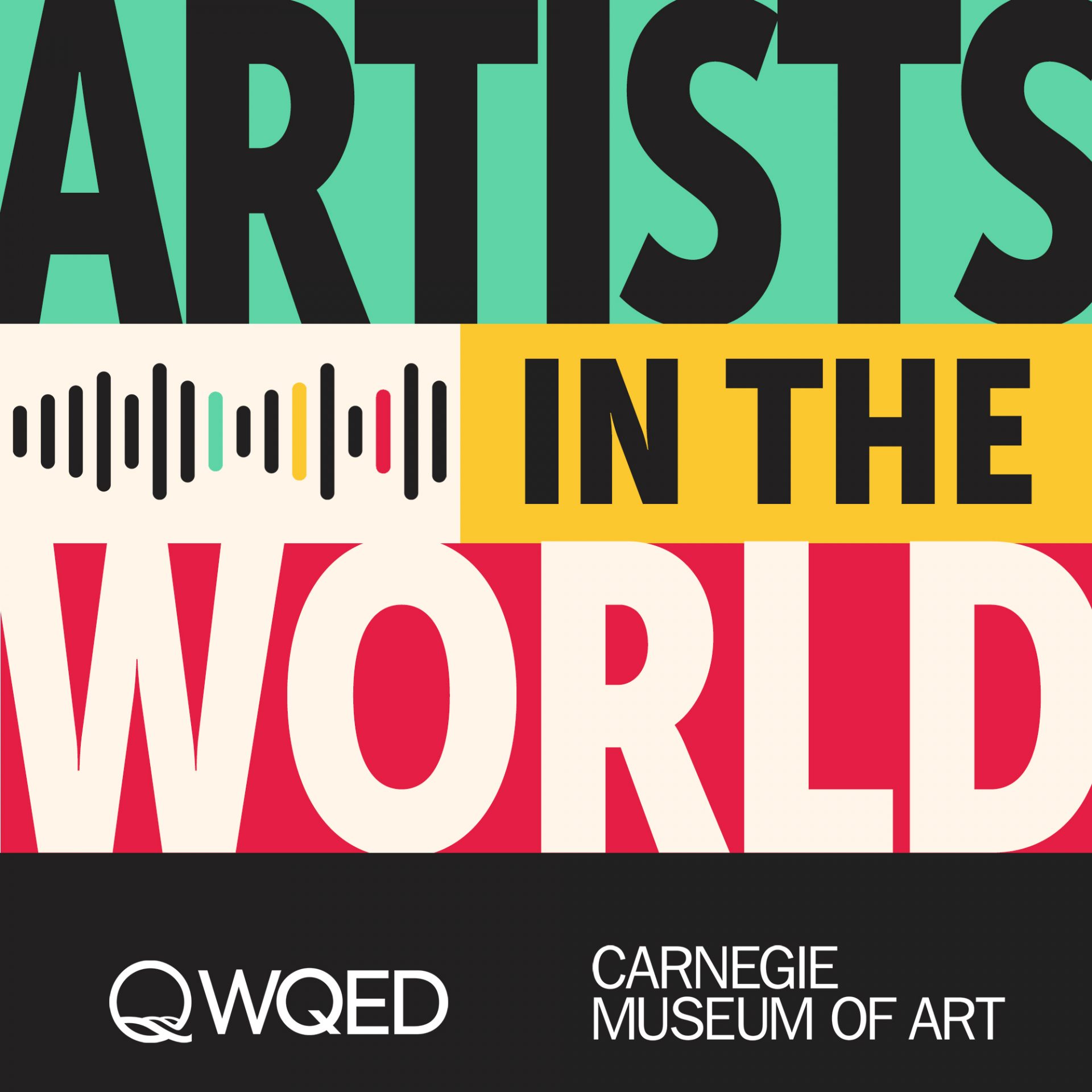
In episode five, we hear from Ignacia Biskupovic, a visual artist, educator, and head of community engagement at the Museo de la Solidaridad Salvador Allende (MSSA), and Jennifer Josten, an associate professor of modern and contemporary art at the University of Pittsburgh. The two discuss resistance art and pedagogy, nomadic museums, and MSSA’s exile from and return to Santiago.
Ignacia Biskupovic
Ignacia Biskupovic is a visual artist and educator. She lives and works in Santiago de Chile. She has participated in various initiatives that link arts and critical pedagogy, including Nube Lab, a workshop that promotes educational experiences using the tools of contemporary art. She also designed and implemented an Editing workshop in the Liceo de Adultos Herbert Vargas Wallis, an educational establishment for adults deprived of their liberty in the Ex Penitentiary of Santiago. She is currently Head of Community Engagement in the Public Programs Area of the Museo de la Solidaridad Salvador Allende. Her research there, both theoretical and practical, explores artistic mediations oriented to community development, through the co-design of programs and activities with the museum’s neighbors. She also works as a professor of the interdisciplinary course “Artistic Practices and Communities” at the Universidad Alberto Hurtado.
Jennifer Josten
Jennifer Josten is Associate Professor of History of Art and Architecture and a core faculty member of the Center for Latin American Studies at the University of Pittsburgh. Her research centers on modern and contemporary art and design in greater Mexico and Latin America, and on transatlantic and inter-American artist-based networks of the Cold War era. She is the author of Mathias Goeritz: Modernist Art and Architecture in Cold War Mexico (Yale University Press, 2018).
Museo de la Solidaridad Salvador Allende Collection (MSSA) is a museum of modern and contemporary art with one of the most important collections in Latin America, counting more than 2,800 artworks—a growing number thanks to continuing donations of works by prominent contemporary artists. Its origins date to 1971 in Santiago, when a project arose to promote the donation of artworks from artistic circles in the Americas and Europe to the Salvador Allende’s Unidad Popular (Popular Unity) government in order to create a museum for the people of Chile. Three exhibitions were held before the coup d’etat in 1973. The project was reorganized in 1975 from abroad as the Museo Internacional de la Resistencia Salvador Allenda, with the donation of new artworks to denounce the atrocities committed by the civic-military dictatorship, as a gesture of resistance. From 1991, after the return of democracy in Chile, the collections of previous periods were gathered and placed under the care of the current MSSA in their status of public patrimony. Since 2005, the Fundación Arte y Solidaridad has been in charge of managing, disseminating, researching, and activating this collection and its archive. Today, MSSA is recognized for its curatorial line of art and politics, expressed in periodical exhibitions based on its collection and exhibitions of contemporary art that it coproduces, for its innovative work of public formation based on critical museology and popular education, and for its systematic co-creative work in the República neighborhood, where the museum is located.
